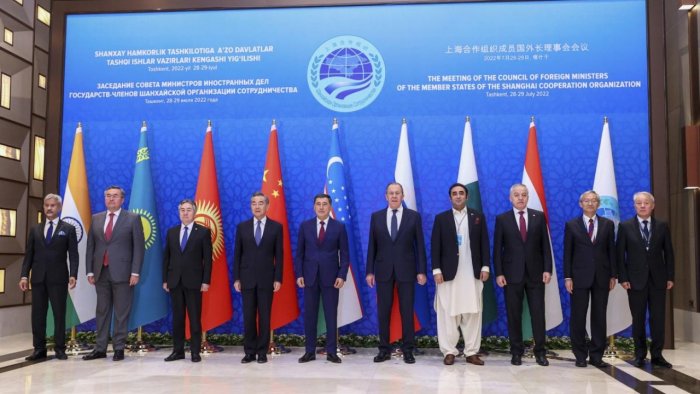Three Pakistan Army soldiers were martyred in an exchange of fire with terrorists in Dera Ismail Khan district of Khyber Pakhtunkhwa, the military’s media affairs wing said in a statement on Tuesday.
According to the Inter-Services Public Relations (ISPR), terrorists opened fire on a police check-post in the general area of Khutti, DI Khan on the night between March 20-21.
The security forces, after receiving information about the terrorist attack, immediately cordoned off the area and blocked all possible escape routes, the ISPR said.
It added that the fleeing terrorists were intercepted in the general area of Saggu.
The martyred soldiers were identified as Havaldar Muhammad Azhar Iqbal, 42, resident of Lodhran; Naik Muhammad Asad, 34, resident of Khanewal; and Sepoy Muhammad Essa, 22, resident of South Waziristan.
Weapons and ammunition were also recovered from the slain terrorists.
The military’s media wing added that sanitisation of the area is being carried out to eliminate any terrorists found in the area.
“The Pakistan Army is determined to eliminate the menace of terrorism and such sacrifices of our brave soldiers further strengthen our resolve,” read the statement.
Last week, two children embraced martyrdom and two soldiers were injured during a gun battle between terrorists and security forces in South Waziristan’s Zinghara area, according to the ISPR.
Moreover, on Sunday, an intelligence-based operation (IBO) was carried out in the general area of Rehman Kahul to clear a suspected hideout of terrorists, linked with recent terror incidents, including the planting of improvised explosive devices (IEDs) in Chaman and surrounding areas in Balochistan.











